PVC PIPE Manufacturers
PVC Pipe is a type of pipe widely used in irrigation and drainage systems. It is favored for its superior corrosion resistance, lightness and strength. The pipe is made of polyvinyl chloride material, which has good durability and can effectively resist various chemicals and environmental factors, ensuring long-term stable use under different climate conditions. The installation process of PVC pipe is relatively simple, and users can easily achieve the layout of the pipe by welding or connecting accessories. Its smooth inner wall design can reduce water flow resistance and improve flow efficiency, thereby optimizing irrigation effects. PVC pipes are suitable for a variety of irrigation methods, including drip irrigation, sprinkler irrigation and furrow irrigation, etc., and are widely used in agriculture, horticulture and construction fields. By using PVC pipes, users can establish efficient and reliable irrigation systems, effectively manage water resources, meet the growth needs of plants, and promote their healthy development. The versatility and durability of PVC pipe make it an essential component of modern irrigation systems.
-
Which one is better? There's no absolute winner; it all depends on the shape of your yard and your specific wa...
READ MORE -
Want to make your impact sprinkler spray further? It doesn't require any advanced technology; a few simple ma...
READ MORE -
There's no exact number for how many impact sprinklers you can connect to a single water pipe, because it's no...
READ MORE -
If you find impact sprinklers too noisy or unsuitable for your yard's terrain, there are several common altern...
READ MORE -
The question of whether impact sprinklers distribute water evenly is a concern for many gardening enthusiasts....
READ MORE
How to Prevent UV Degradation of PVC Pipe in Long-Term Outdoor Installations?
In the sun-scorched fields and arid landscapes where irrigation systems are most needed, PVC pipes face a relentless adversary: ultraviolet (UV) radiation. Over time, UV exposure can weaken pipes, causing brittleness, discoloration, and eventual failure—threatening water efficiency and farm productivity.
The Science of UV Degradation in PVC Pipes
PVC (polyvinyl chloride) pipes are prized for their corrosion resistance and lightweight design, but their polymer chains break down under prolonged UV exposure. This photochemical reaction leads to:
Loss of Flexibility: Pipes become brittle, increasing fracture risks during temperature shifts or soil movement.
Reduced Pressure Tolerance: Weakened walls may burst under standard irrigation pressures (4–6 bar).
Color Fading: Surface chalkiness indicates material breakdown, often preceding structural failure.
1. Protective Outer Coatings
For extreme environments, pipes are coated with:
Acrylic UV Blockers: A thin, reflective layer that deflects 95% of UV rays.
Carbon Black Pigmentation: This cost-effective additive absorbs UV radiation, though it limits pipe visibility for leak detection.
2. Strategic Installation Practices
Buried Placement: Bury pipes at least 30 cm below ground to shield them from direct sunlight.
Shading Structures: Use mulch, shade cloths, or companion crops to reduce solar exposure.
Orientation: Align pipes north-south in open fields to minimize prolonged direct UV contact.
Maintenance Tips for Longevity
Annual Inspections: Check for surface chalkiness or microcracks, especially at joints.
Post-Harvest Flushing: Remove sediment to prevent abrasion accelerating UV damage.
Patch Repairs: Use UV-resistant PVC tape or epoxy to seal minor cracks before they propagate.
UV degradation is inevitable, but its impact isn’t. By combining stabilized PVC formulations, smart installation practices, and proactive maintenance, farmers and landscapers can protect their irrigation investments against the sun’s relentless assault.


 Search for...
Search for... English
English Español
Español 中文简体
中文简体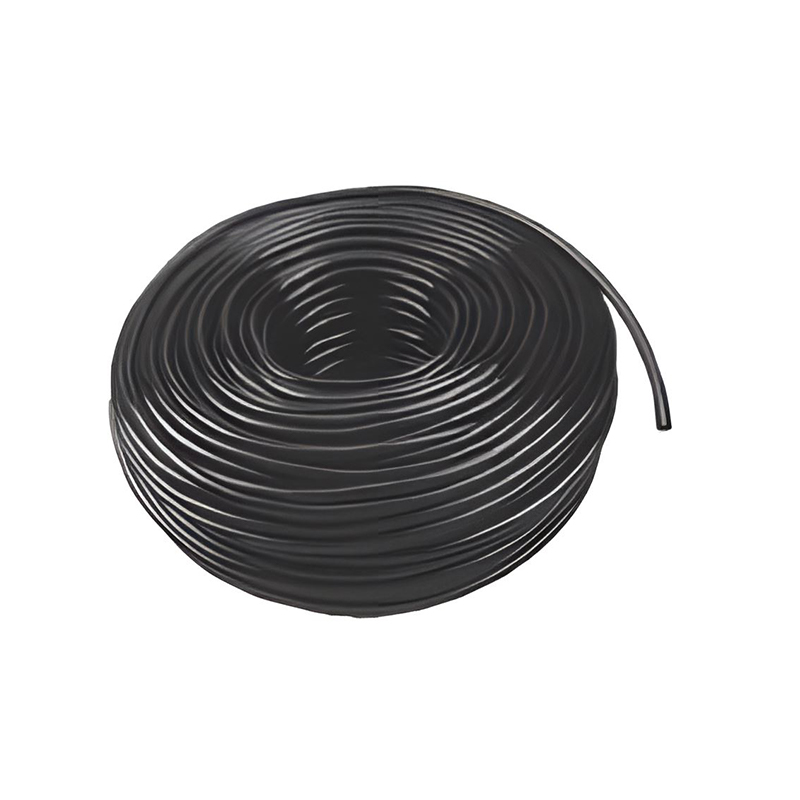
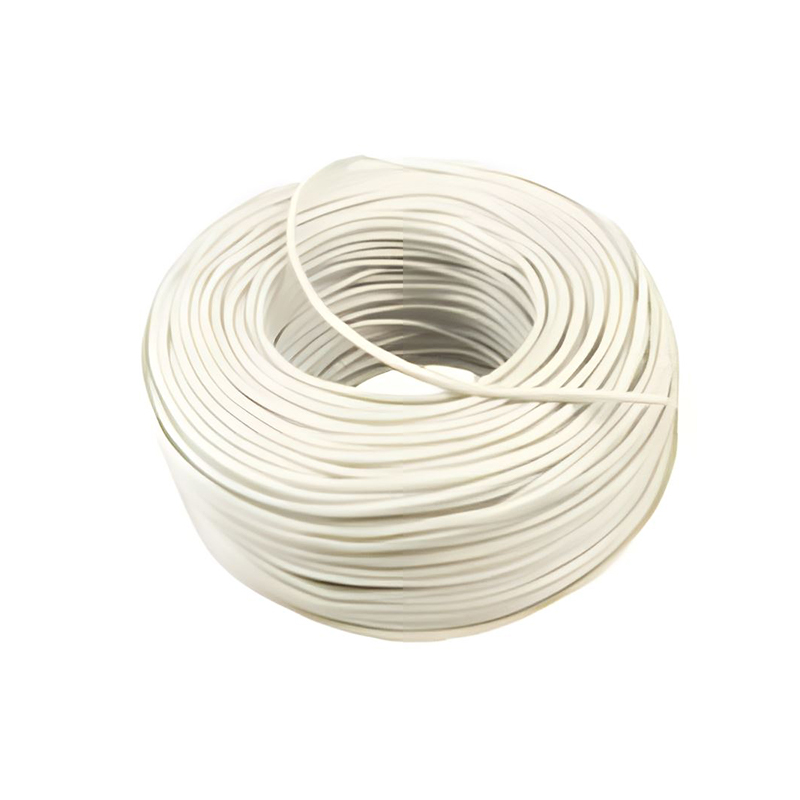
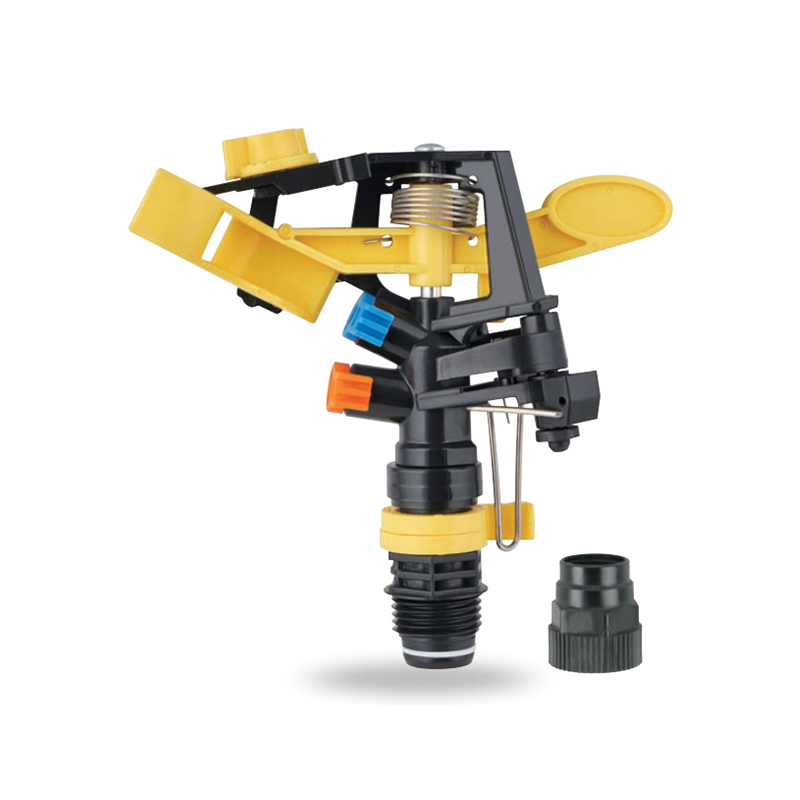
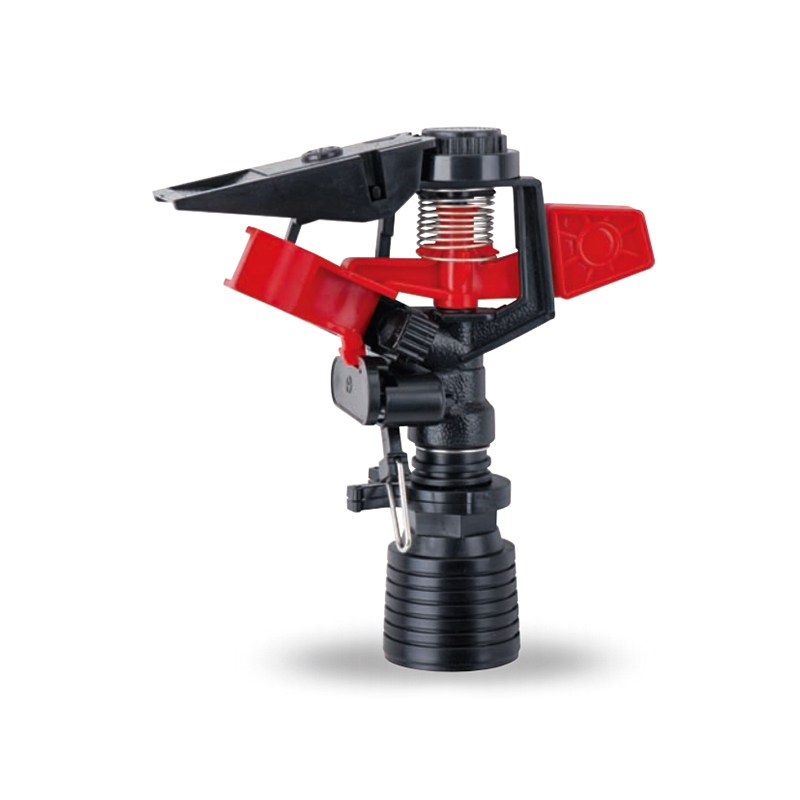
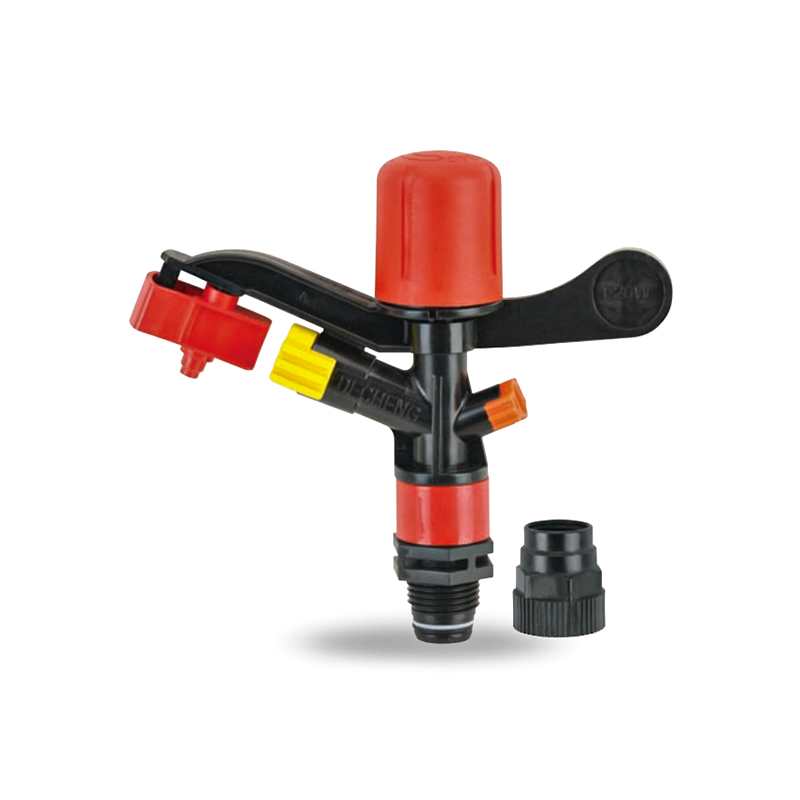
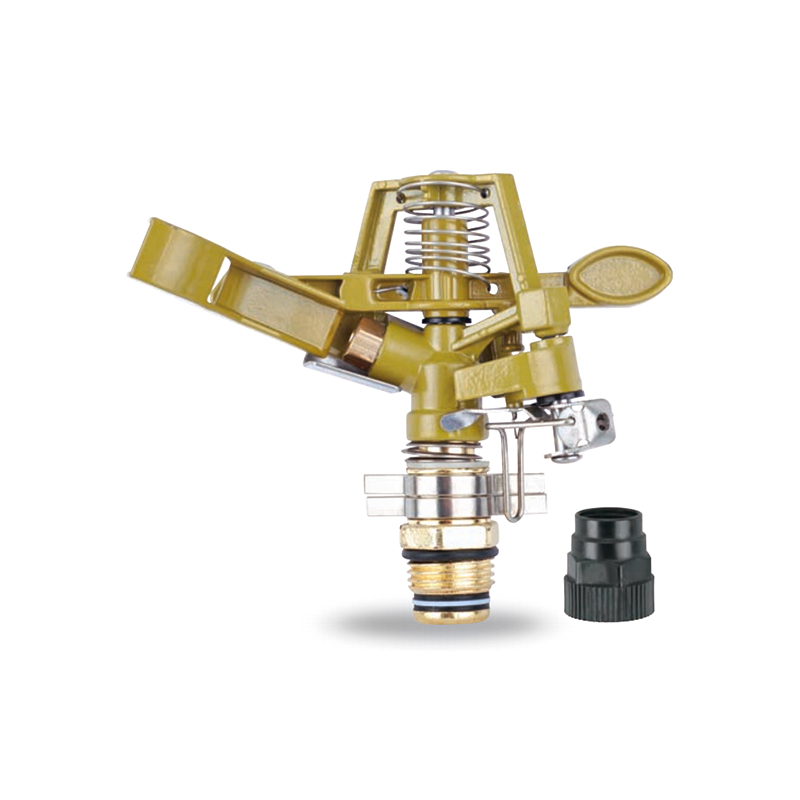
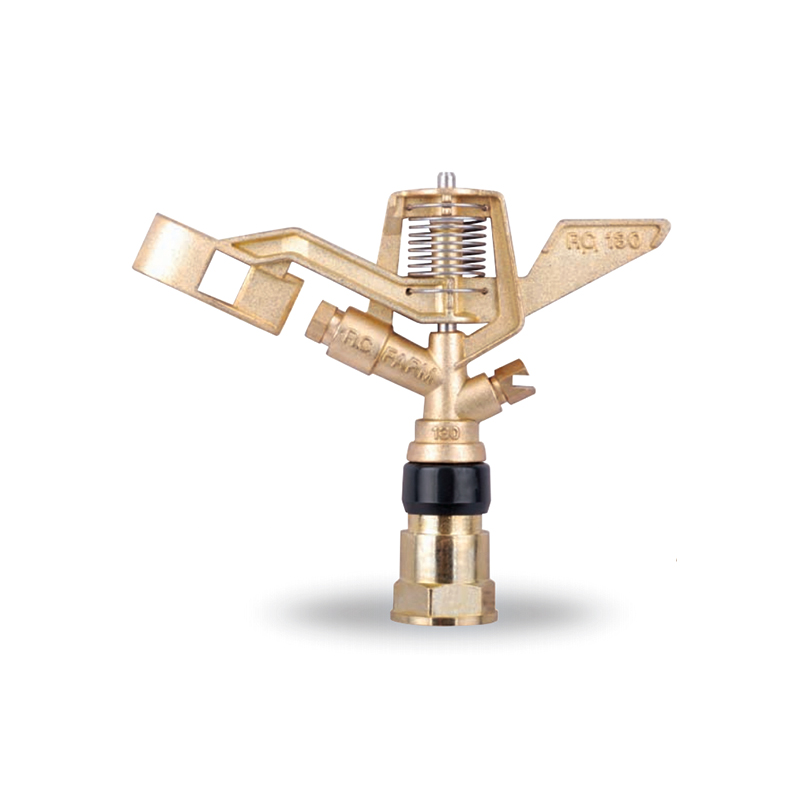
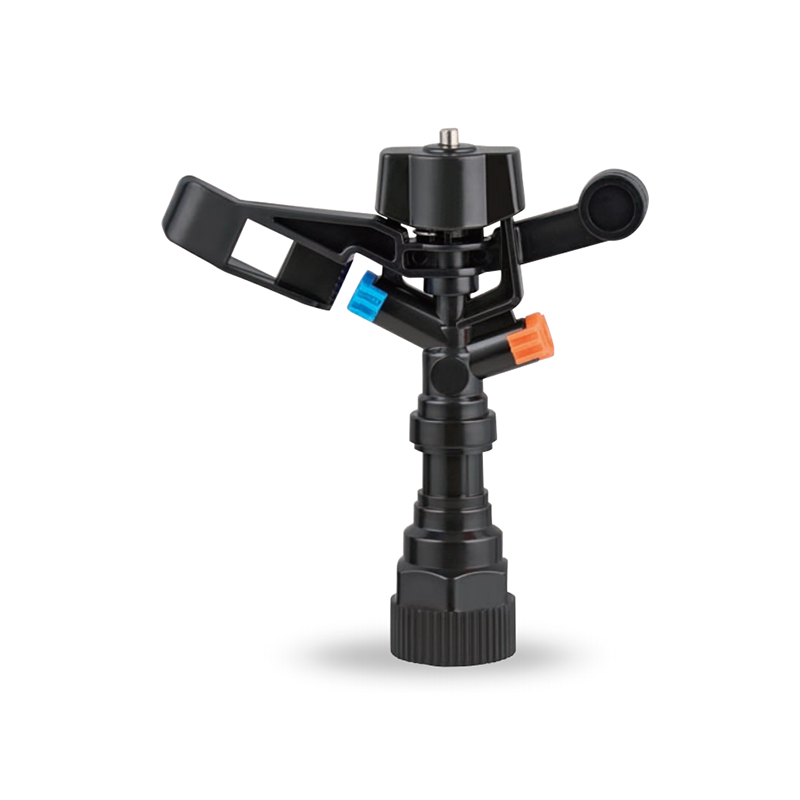



 No.518, Ruihao Road, Lizhou Street, Yuyao City, Zhejiang Province, China
No.518, Ruihao Road, Lizhou Street, Yuyao City, Zhejiang Province, China +86-13105554615 / +86-18005843886
+86-13105554615 / +86-18005843886 decheng@dcssq.com fredzhu@dcssq.com
decheng@dcssq.com fredzhu@dcssq.com

